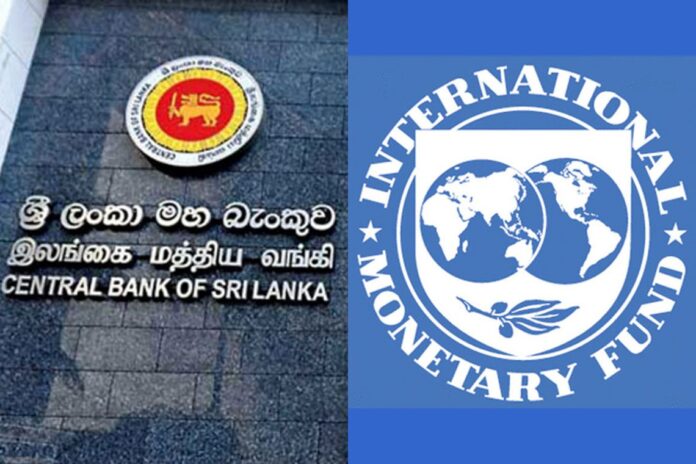By: Staff Writer
November 10, Colombo (LNW): Sri Lanka’s flagship retirement savings vehicle, the Employees’ Provident Fund (EPF), is sitting at the heart of a governance tug-of-war between the government and the International Monetary Fund (IMF). Under current legislation the Central Bank of Sri Lanka (CBSL) holds custodianship of the EPF’s assets yet the IMF’s recent Governance Diagnostic Assessment clearly flagged this as a conflict-risk and recommended the creation of an independent fund manager to oversee the scheme.
During a recent appearance before the Parliamentary Committee on Public Finance, CBSL Governor Nandalal Weerasinghe disclosed that the government had formally instructed CBSL to retain its custodianship role for now, despite the IMF recommending legislative reform to spin out EPF management into a separate institution akin to a Public Debt Management Office.
The IMF argues that with the EPF owning very large shareholdings across Sri Lanka’s banking and financial sector many state-owned and subject to potential political influence guardianship by CBSL creates a material risk of conflict of interest.
They note that “state-owned financial institutions are often exposed to increased risk of political influence over their operations” and that when a fund is investing in banks supervised by the same central bank, the appearance of compromised governance arises.
The EPF is the largest defined-contribution scheme for private and semi-government employees in Sri Lanka. As at the end of 2024 the Fund’s net worth stood at approximately Rs 4.38 trillion up roughly 12.6 % from Rs 3.89 trillion at end-2023.
According to the EPF’s website, assets reached Rs 4.3757 trillion at end-2024, with liabilities to members of Rs 4.2895 trillion. Member contributions jumped to Rs 234.4 billion, refunds fell to Rs 188.1 billion, and the number of contributing accounts rose by 10.8 % to 2.92 million.
During 2022 the EPF declared a rate of return of 9.00% to members, with assets at Rs 3.4599 trillion, up 9.3 % from the previous year.
With such a large asset base amounting to several % of GDP the EPF is more than a pension pool: it is a strategic national financial lever. The IMF’s governance diagnostic warns that when a large pension fund is overseen by the same institution that supervises banks and invests in them, it may indirectly shape government or banking behaviour, reduce transparency, and increase risk of politically-driven investments.
Creating a separate, independent fund manager could enhance clarity of accountability, reduce the potential for conflicted decision-making, and raise transparency (especially important given the IMF’s broader governance agenda, which calls for stronger independence of oversight institutions).
From an economic-policy standpoint, retention of the EPF under CBSL custody means the same entity that steers monetary policy (and supervises banks) also invests the largest retirement fund in the country heightening systemic concentration risk. In a situation of banking stress or large-scale government borrowing (as Sri Lanka continues to face), the EPF could be exposed to losses that bleed into general economic stability or foreshadow hidden contingent liabilities
